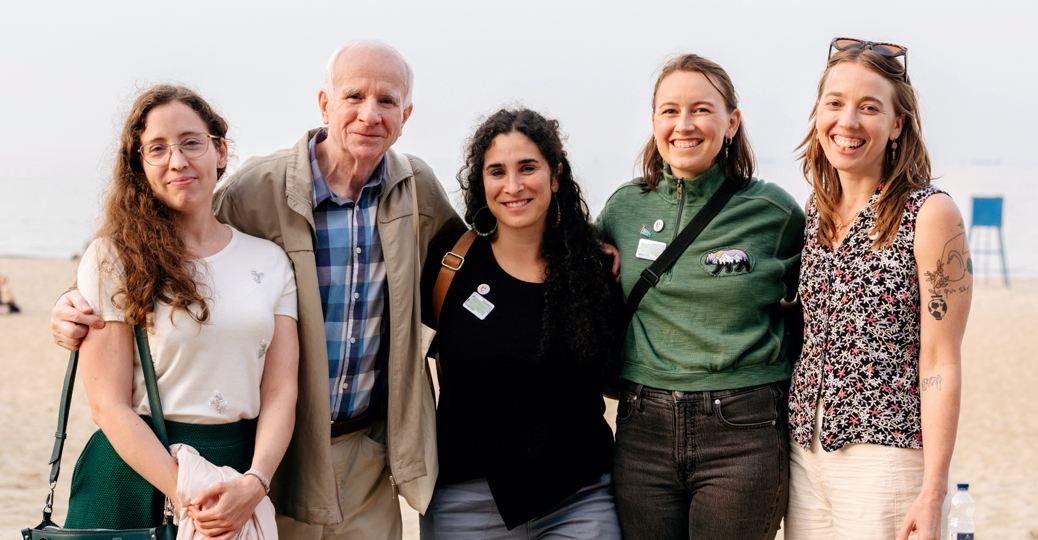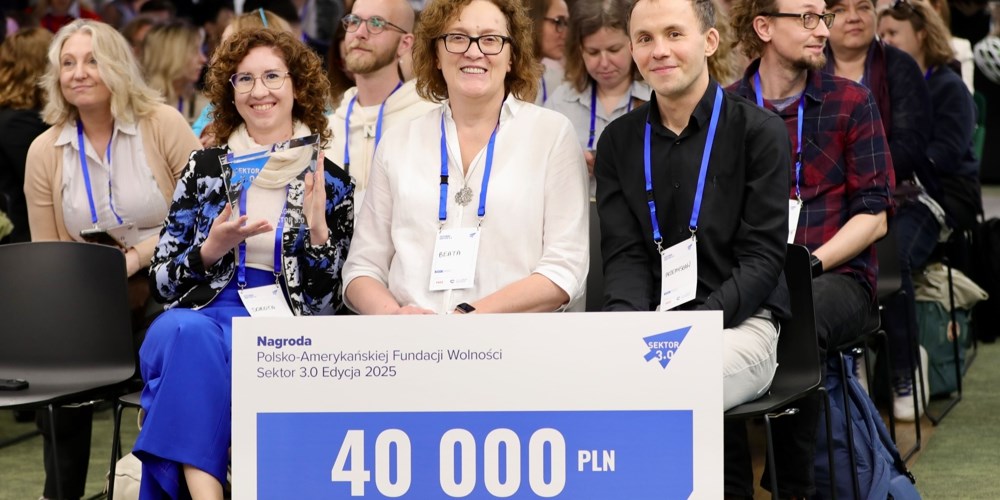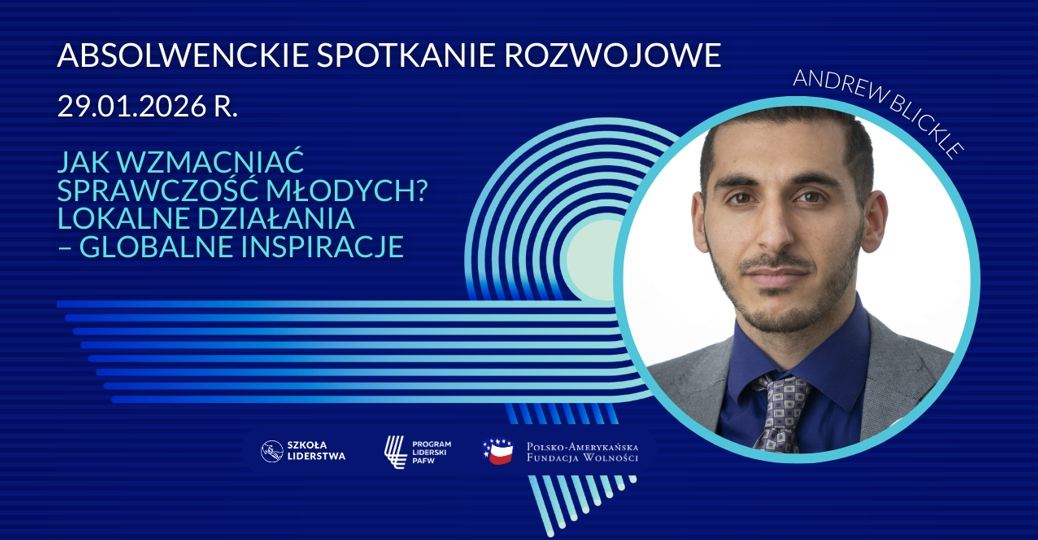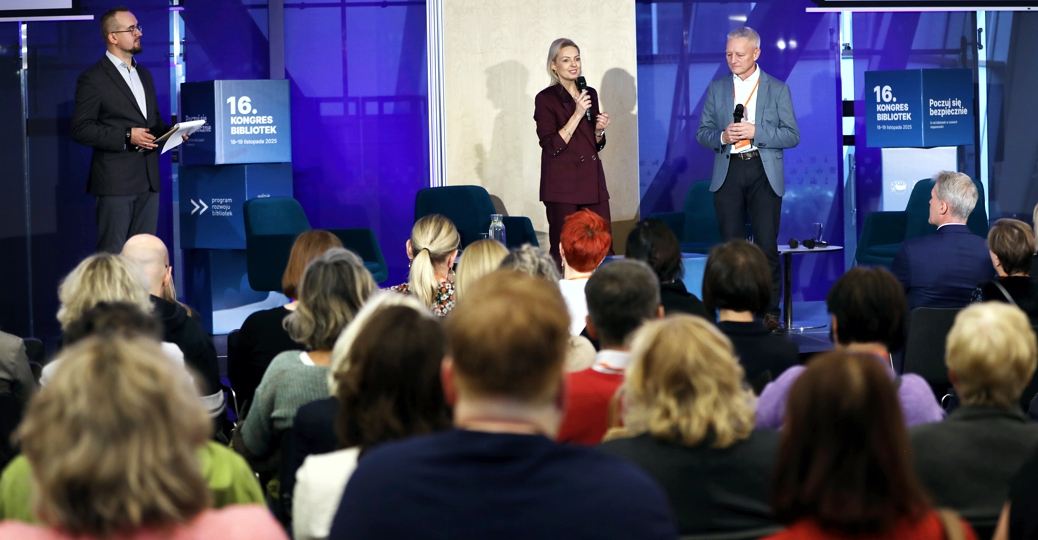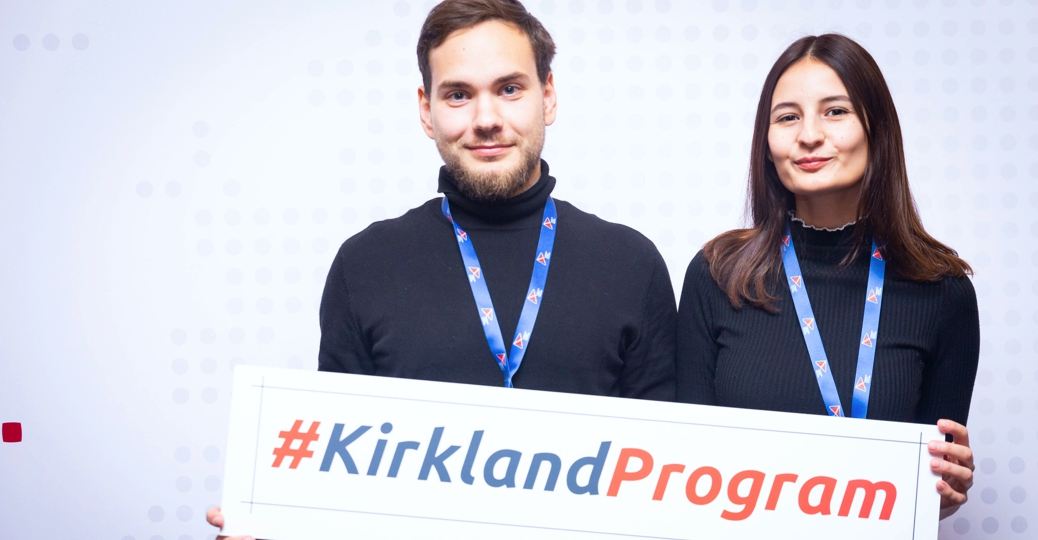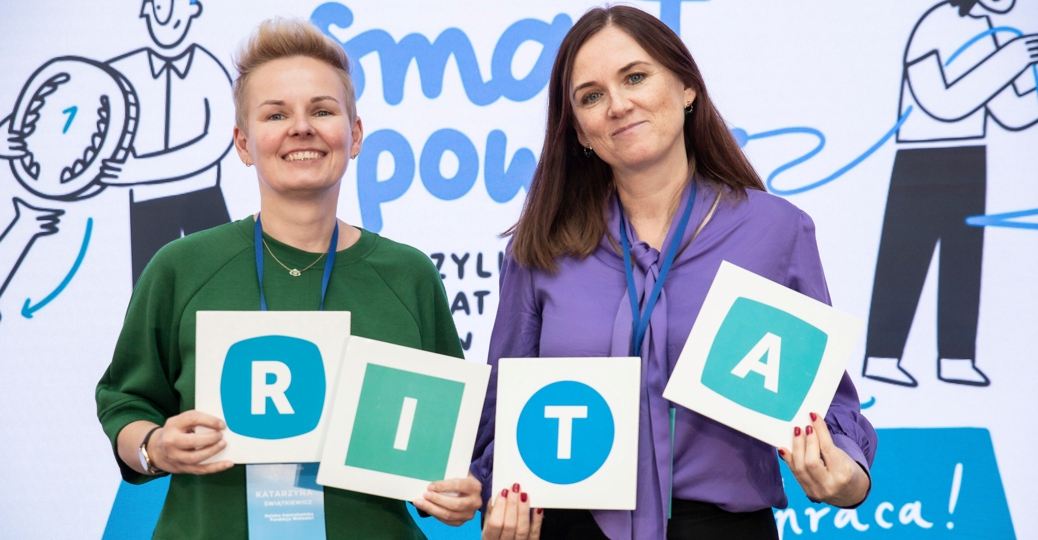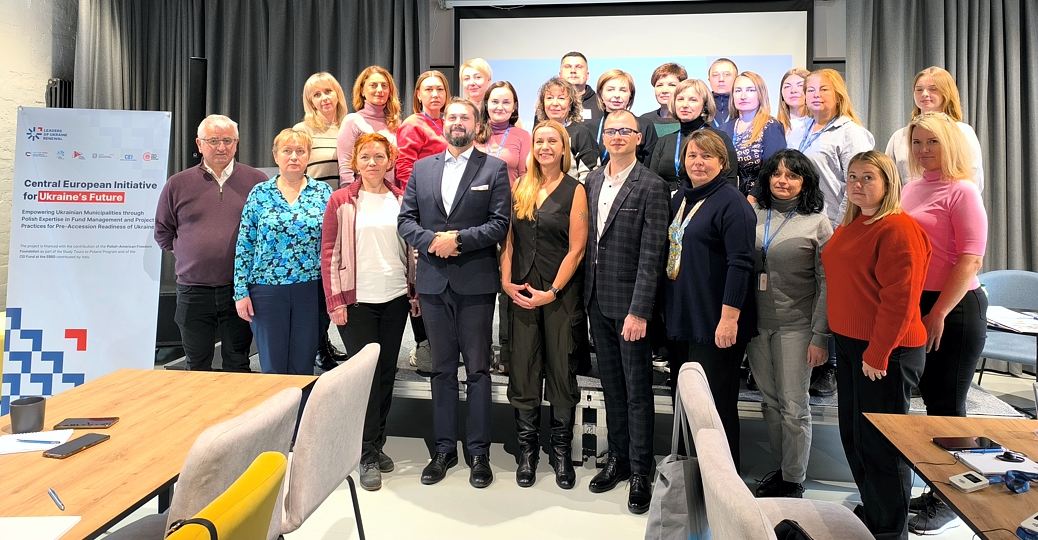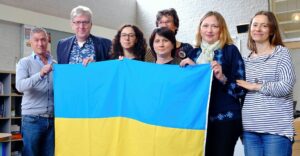The Media Monitoring Institute (IMM) and the Demagog Association have published their latest report on anti-Ukrainian propaganda on the Polish internet, covering the period from August to November 2025. The latest study points to an intensification of false narratives targeting Ukraine and its citizens.
The publication is co-financed by Polish-American Freedom Foundation as part of the “Support for Ukraine” program managed by the Education for Democracy Foundation.
Since 2022, the Demagog Association, in cooperation with the Media Monitoring Institute (IMM) , has been analyzing the scale of anti-Ukrainian propaganda on the Polish-language Internet in response to disinformation that translates into increased hostility towards Ukrainians among Poles. The latest report, prepared as part of the “Support for Ukraine” program, analyzes trends, provides examples, and identifies the main authors of this type of disinformation.
The analysis shows that disinformation targeting Ukraine and its citizens is not abating – on the contrary, it is taking on increasingly diverse forms. The authors of the report point to a growing number of false narratives aimed at antagonizing Poles and Ukrainians, undermining social solidarity, and spreading distrust of public institutions.
Among the most frequently reproduced false messages were those portraying Ukraine as a “failed state,” suggesting that “Poles are tired of helping,” or spreading false information about alleged privileges for refugees. Propaganda increasingly appears in the form of memes, short videos, and comments on social media, which facilitates its rapid dissemination.
“Anti-Ukrainian propaganda is evolving and adapting to new forms of communication, making it more effective and more difficult to combat,” the authors of the report emphasize.
The report “Anti-Ukrainian Propaganda”
“Support for Ukraine” is a special grant program launched by Polish-American Freedom Foundation in March 2022 in response to the war in Ukraine, and it is aimed at Polish non-governmental organizations providing assistance to civilians in Ukraine, as well as war refugees in Poland. The Foundation has allocated over PLN 14 million to the program so far, co-financing 260 projects.
The aim of the program is to support the activities of Polish non-governmental organizations undertaken in cooperation with partners in Ukraine, as well as those carried out in Poland for the benefit of refugees from Ukraine.
To date, nearly 180,000 Ukrainian refugees staying in Poland have directly benefited from the program’s support, including over 30 percent children and young people under the age of 18, as well as over 167,000 people in Ukraine, including over 38,000 children and young people. Over 236,000 people have received humanitarian aid, over 21,000 have benefited from psychological support, and over 15,000 have received legal and civic advice. An information campaign aimed at countering misinformation about refugees from Ukraine has reached over 1.5 million people in Poland.
The program supports, among other things, projects aimed at countering misinformation and false narratives and providing reliable information about the situation of Ukrainian refugees in Poland and the situation in Ukraine. “This serves to build digital resilience and counteract the rise of social tensions,” explains Agnieszka Mazur, Program Director of Polish-American Freedom Foundation.









